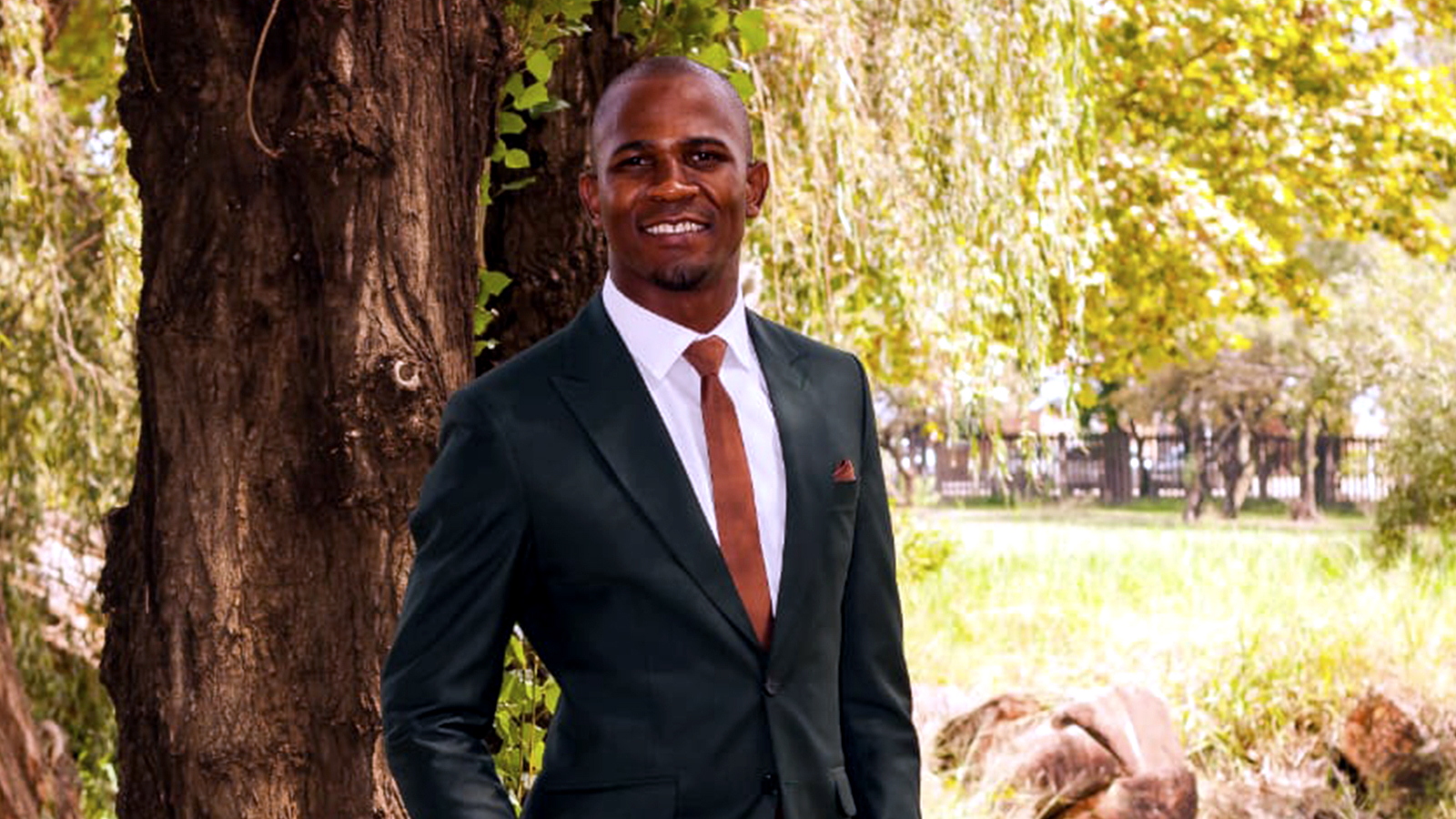Given the current economic environment, new university graduates face a steep road ahead.
The Career Insights Series is designed to help graduate job seekers. Dell Young Leaders alumni share insights on their career path, highlight a day in the life at their employer, and provide guidance to students on how to stand out to employers and prepare for the world of work.
Hear more from alum Thapelo, who is an engineer at Anglo American.
Describe a day in your life as an engineer.
I work directly in an underground platinum mine, which is a very different and specific setting to practice engineering. Engineering is a service department within mining that focuses on production. As an engineer, I play a supporting role in preventing the equipment from breaking down. We have very early mornings in the mines, starting with a meeting with the production managers to discuss targets from the previous night. The mines don’t stop — there’s a day shift and a night shift. As part of my role, I answer questions about these engineering breakdowns.
What’s the toughest part about your job?
Mines are heavily regulated by the 1996 Mine Health and Safety Act, which is a set of rules governing the mining industry. Engineers in the mining industry are not only operating on principles, but also governed by the law. This is very challenging as a young engineer because you are legally responsible for people operating your machines underground, and that can create a lot of pressure.
What surprised you the most about leaving university and beginning your career?
The learning doesn’t stop. As a junior engineer, I spend a lot of time learning about the equipment we use. None of it is anything you’d find on google, which makes it unique. You have a lot of site visits to different operations departments to get a well-rounded experience. You get to work with people from different backgrounds, and everything is different every day.
What skills do you think are important for the workplace?
Communication is the most important aspect of a developing professional. You need to be able to communicate. Imagine this: You are answering questions from your superiors and can’t relate the information so they can understand the problem. Communication makes or breaks you as a professional.
Also, leadership. A mine is a big place and you can’t be in all of it at once. You rely on your subordinates on site to give you the correct reports and information so that when you report to your superiors, you can back your report when there are issues.
What tips do you have for students to begin building skills they will need for the workforce?
Work on your technical know-how and keep up with the principles you learned in school as an engineer.
In an interview, remember that all the candidates are going in the room with the same information, are mechanical or electrical engineers, and have the same papers or are performing in the same range. The interviewers are going to have a tough time choosing which one to hire. Maybe you have the best smile, but that’s not enough. You need to diversify yourself. Give them something the other candidates don’t have and that’s going to set you apart from the rest.
What are employers looking for in graduates?
As a young graduate, prove to employers you are willing to learn. It shows character when you can branch into other aspects that your job requires, so you bring the technical solutions and help build the team. Team dynamics are crucial to the mines.
Engineering is often confused as a one-sided discipline with only a focus on math and science. That’s not true. Engineers nowadays solve problems that are not technical in the engineering sense. The process flow of engineering is what makes engineering one of the most marketable professions of our time.
Can you share with us what made you stand out to employers?
For me, I started two businesses when I was in varsity. I was fortunate to borrow a small bakkie and I helped students move around during recess. I was also a handyman, doing small wiring of houses. I learned my skills by acquiring clients and negotiating. When I sat in front of the interviewer and they asked me questions, I already had a world of experience. When someone asked me how I deal with a problem, I could say I’ve been there and speak from experience instead of what I think is right.
What is a final nugget of wisdom you have to share with students?
You are still at school and you still have a lot to prove. Chase excellence and success will follow.

